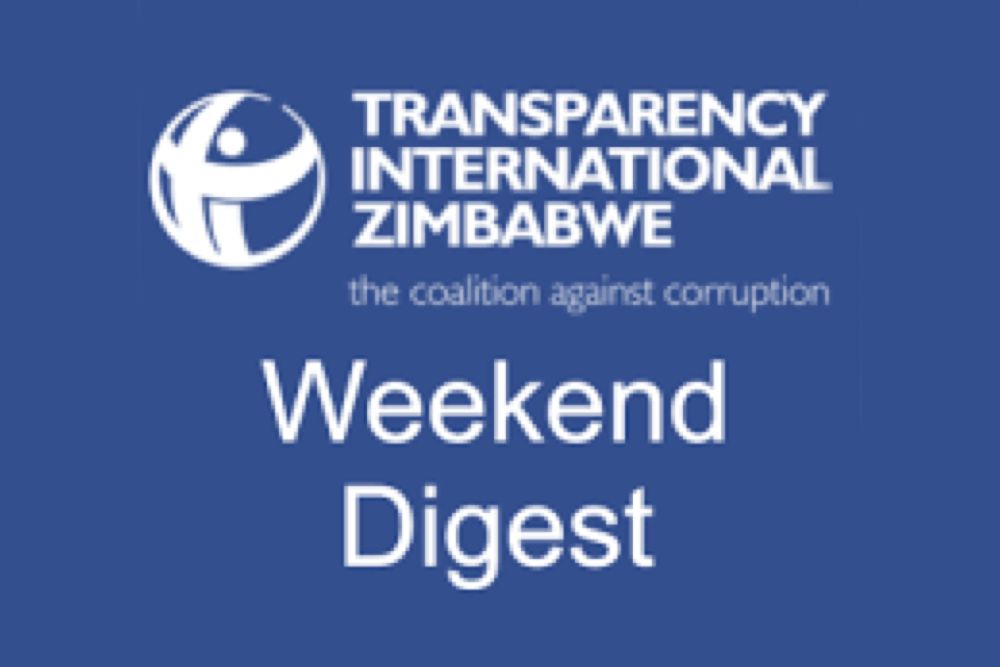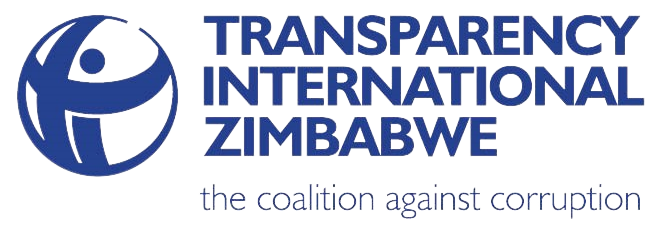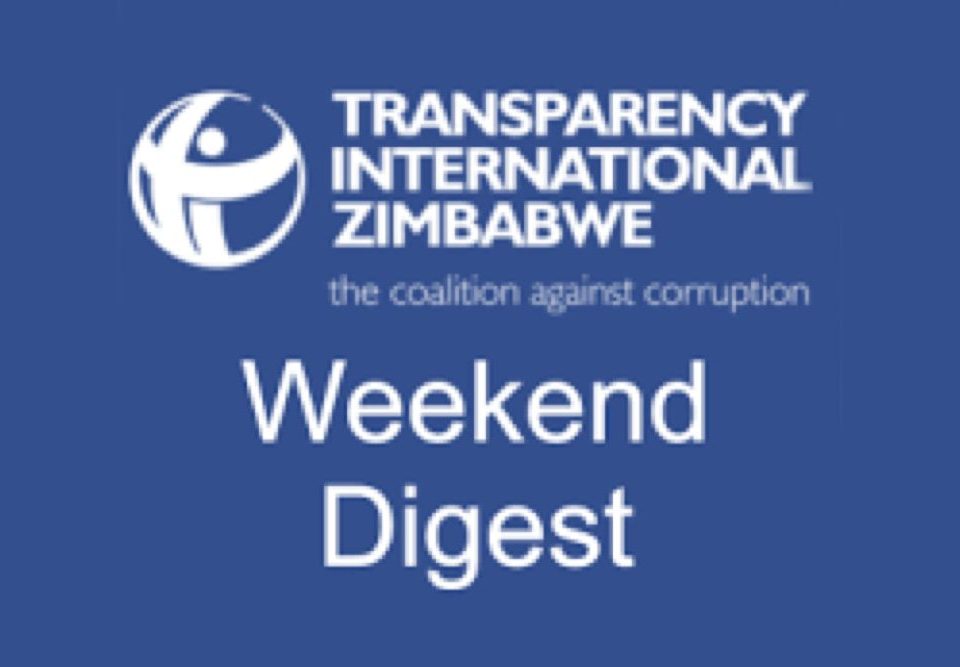
Promoting Transparency in Public Procurement through Public Beneficial Ownership Registers
September 11, 2020
Corruption in Tax Administration in Zimbabwe
October 2, 2020Introduction
Devolution has been singled out as one of the contemporary development approaches for promoting public participation, strengthen transparency and accountability, enhance effectiveness in public service delivery, and enhance service delivery standards (UNDP, 2020). Countries from both the global north and south have therefore embraced devolution as a system of governance to reverse the “discretional use of power and resources by central government elites as well as a way to enhance the efficiency of social service provision, by allowing for a closer match between governance of public institutions and the desires and needs of local people” (Okari & Nyarangi, 2015). Most African countries including Ethiopia, Kenya, Rwanda, South Africa, Uganda, and Zimbabwe are at various stages of implementing devolution. Whilst devolution means different things to different countries, it is in essence a form of decentralization in which the central government transfers governmental powers and responsibilities from the central to local government. Centralisation of power has often been associated with corrupt practices such as patronage and rent seeking behaviour. Therefore, hopes are high that decentralization of power will improve public service delivery at the local level by strengthening transparency and accountability framework, where citizens have a voice in determining development in their localities. This is consistent with section 13(2) of the Constitution which requires that measures for national development must involve the people in formulating and implementing development plans and programmes that affect them. However, Transparency International Zimbabwe is of the view that for devolution to be fully effective and meet its objectives there is need to adopt and implement policy, legislative and institutional frameworks that will infuse elements of transparency, accountability, integrity, and financial probity in the way public resources are managed at both the central and lower levels of government. It is against this backdrop that this week’s Weekend Digest focuses on the topic of devolution and corruption. For the full article kindly read the pdf document attached.
Transparency and Accountability Corner
- https://www.herald.co.zw/mps-
must-craft-laws-to-end-graft/ - https://www.transparency.org/
en/press/zimbabwe-cyber- security-and-data-protection- bill-would-restrict-anti- corruption-watchdogs
Remember the Public Interest Litigation case we filed in May 2020?
https://allafrica.com/
Since March 2020 we have been calling for improved transparency and accountability in use of COVID-19 resources. Whilst the government published some of the resources it received we were of the view it was also important to know how these had been utilised/ distributed. To that end we took the government to court seeking an order that the Ministry of Health and the Ministry of Information provide us with a distribution matrix for resources received for COVID-19. On the 15th of September 2020, the High Court granted an order in our favour. A copy of the High Court Order can be viewed on our Twitter page https://twitter.com/TIZim_


